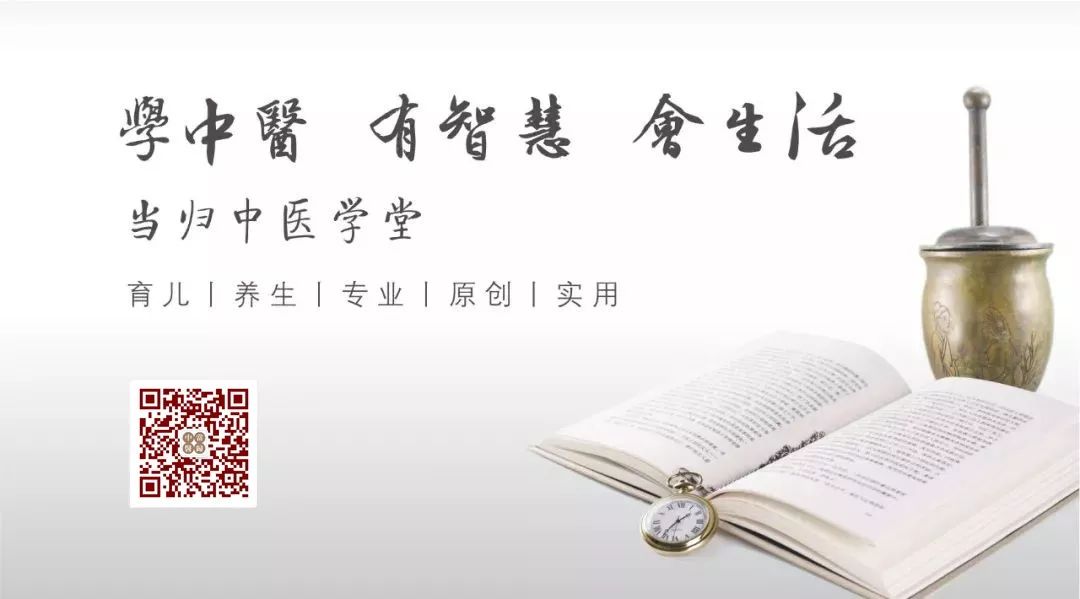
In Traditional Chinese Medicine (TCM), the term “floating pulse” (fu mai) is frequently mentioned during pulse diagnosis.
Many people notice a floating pulse when they have a cold.
However, some individuals may not have a cold, yet the doctor still describes their pulse as floating.
What does this mean?
Today, let us learn about the floating pulse!
How to Identify a Floating Pulse

Ancient texts often describe the floating pulse with phrases like “excessive when lifted, insufficient when pressed” and “lightly felt like wood floating in water”.
In simple terms, a floating pulse is one that can be felt with a light touch on the skin over the radial artery at the wrist.
However, merely feeling the pulse with a light touch on the skin does not define it as a floating pulse.
Another key point of the floating pulse is “excessive when lifted, insufficient when pressed”.
This means that when the hand is lightly placed on the skin, the pulse can be felt, but as the fingers gradually apply more pressure, the strength of the pulse beneath the fingers weakens.
Then, as the pressure is gradually released and the fingers are lifted towards the skin’s surface, the strength of the pulse increases again.
It is important to note that when the fingers apply pressure, the pulse strength gradually decreases rather than suddenly changing from strong to weak.
If the pulse feels strong at the surface but becomes empty or even undetectable when pressed down, this pulse is not classified as floating but rather as a weak pulse (xu mai).
What Does a Floating Pulse Indicate?

Typically, a floating pulse indicates that the disease is at the surface of the body, which we refer to as having an exterior syndrome (biao zheng).
A floating pulse alone does not indicate whether the condition is due to cold or heat; it only signifies that the issue is at the surface.
A floating pulse can coexist with other pulse types, and the presence of two or more pulse types simultaneously is called a combined pulse (jian mai).
A floating pulse combined with a rapid pulse indicates heat at the surface, suggesting the need for a pungent and cooling method to release the exterior.
A floating pulse combined with a tight pulse indicates cold at the surface, suggesting the need for a pungent and warming method to release the exterior.
A floating pulse combined with a slow pulse may indicate a wind-cold or wind-stroke condition, requiring the expulsion of wind and release of the exterior.
However, a floating pulse can also appear in chronic diseases where yang qi is excessive or rising, or when internal wind or phlegm-heat is disturbing. In such cases, the pulse often appears alongside a string-like pulse (xian mai) or slippery pulse (hua mai).
In these situations, expelling wind and releasing the exterior is not appropriate; instead, one should calm the liver, extinguish wind, and clear phlegm-heat. If not treated promptly, this can lead to stroke, paralysis, or even cerebral hemorrhage.
If a floating pulse is large and weak, one should observe the patient’s body type and complexion. If the patient is thin with a pale or sallow complexion, this often indicates a deficiency of qi or yuan qi.
It is essential to use qi-tonifying and blood-nourishing herbs for treatment. If diaphoretic herbs are mistakenly used, the body’s righteous qi will be depleted, leading to further weakness and potentially life-threatening conditions.
If the pulse is floating and thin with weak pressure, it often indicates blood deficiency or a deficiency of both qi and blood, with the patient typically presenting a pale or sallow complexion, and women may experience scanty menstruation or irregular bleeding.
Patients with chronic gastric ulcers may also present this pulse type.
Such cases should be treated with qi-tonifying herbs like Huang Qi (Astragalus) and Dang Shen (Codonopsis) combined with blood-nourishing herbs like Dang Gui (Angelica Sinensis) and Shu Di Huang (Rehmannia). Common formulas include Ba Zhen Tang (Eight Treasure Decoction), Shi Quan Da Bu Tang (Ten Complete Great Tonifying Decoction), and Gui Pi Wan (Restore the Spleen Pill).

In summary, a floating pulse often indicates an exterior syndrome, but a more accurate conclusion can only be drawn through observation of the patient’s complexion, tongue coating, and other diagnostic methods.

I hope that after reading this article, you will take a week to experience what a floating pulse is. If you understand it, don’t forget to give me a thumbs up.
Don’t forget to review:
Why does the cough persist even after the fever subsides?
My history of weight loss with TCM
These herbal teas will help you comfortably get through the summer.


